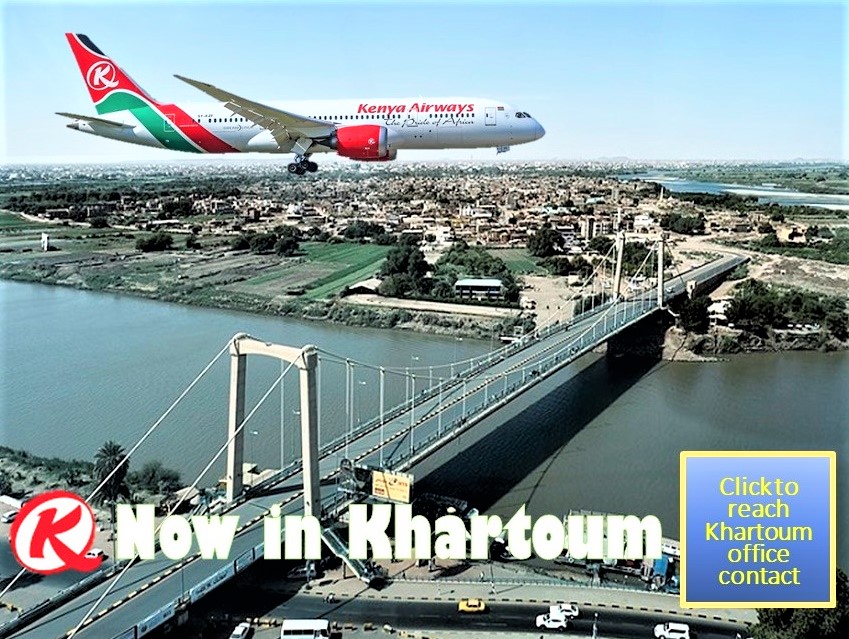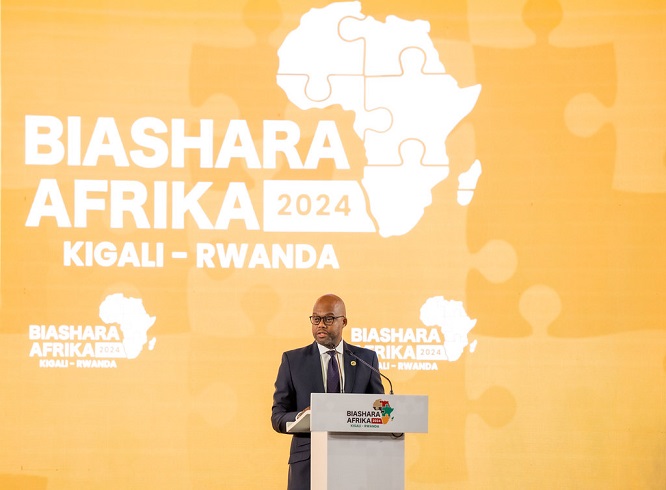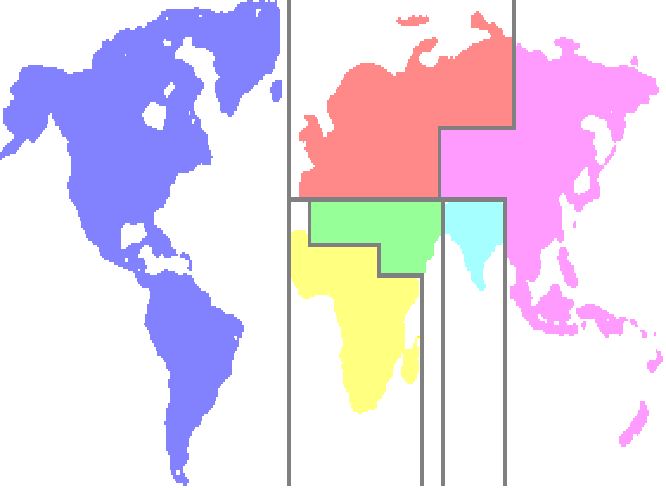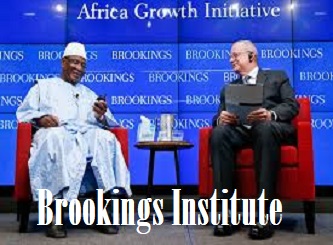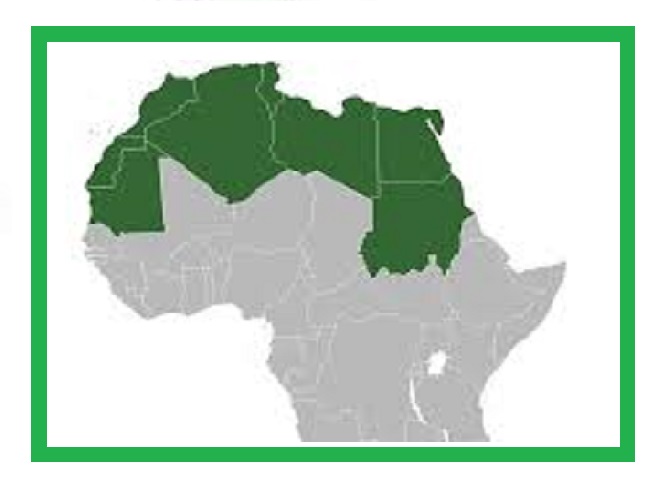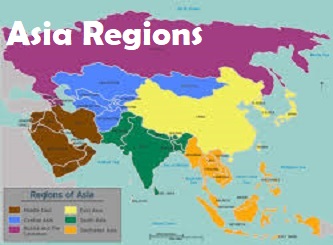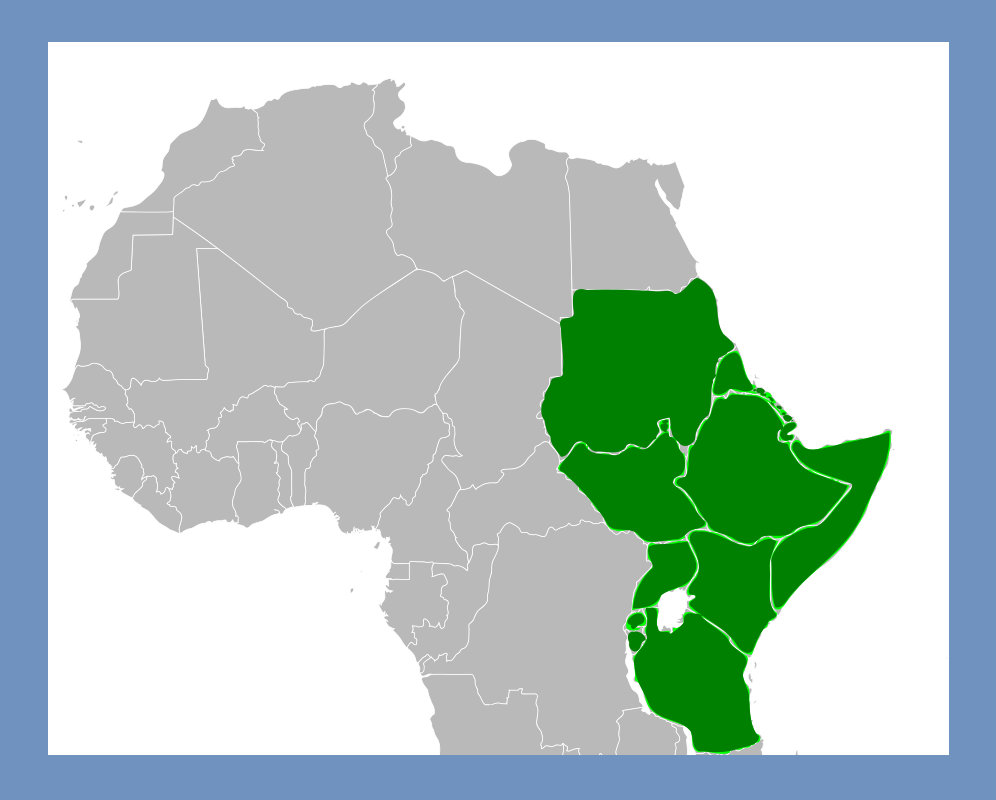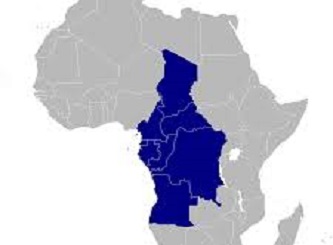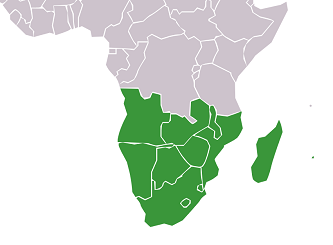France Exits West Africa, The Start Of A New Era
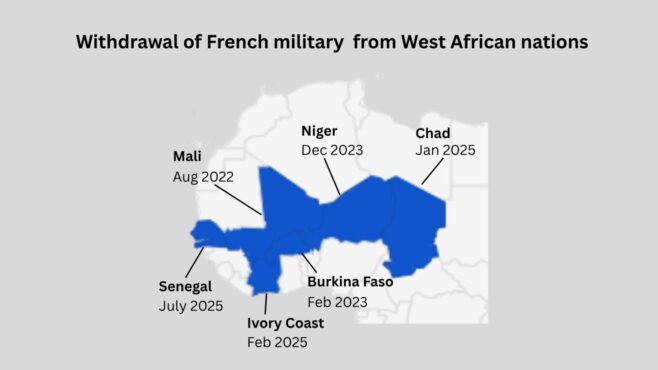
France has officially withdrawn its last permanent troops from Senegal, ending a military presence that began in 1960 after the country gained their independence from it. In a ceremony in Dakar, French forces completely handed over Camp Geille and a nearby air facility to the Senegalese government, marking the complete exit of French permanent bases in West and Central Africa.
France has also said it is closing all other French military bases in Africa. This was followed by direct exits from other countries except Gabon and , which is home to the last 2 bases permanently in Africa. The other countries include Mali, Burkina Faso, Niger, Chad, and Côte d’Ivoire, and some of those states are now looking toward new allies, including Russia and China, to fill the security gap left behind.
However, regional analysts warn that with ECOWAS weakened by recent coups and divided over the legitimacy of incumbent governments, no cohesive African security framework is yet ready to absorb the gap, raising fears of a resurgence in jihadist attacks across the Sahel where extremist groups have already grown more daring as French drones and special‑forces detachments slowly disappeared.
At the same time, Senegal’s own military publicly declared the handover “a turning point,” even as civil society groups and opposition figures quickly caution that celebrating symbolic sovereignty alone would be an unwise decision as it must quickly met with direct investment in military modernization and border control if the country is not to trade one form of dependency for another. Which would just be a material loss with the mask of identity gain.
This moment puts fourth more than just the closure of French military bases, as it signals the very end of a long, controversial era of direct and influential foreign presence in West Africa. While some see it as long overdue, others worry what power vacuum may follow due to the absence of France’s extra protection on their bases. For nations like Senegal, the challenge now is not just celebrating complete independence, but proving capable of securing it, putting safety over pride. The world is watching to see whether this shift brings real autonomy or opens the door to new influences wearing different flags.

